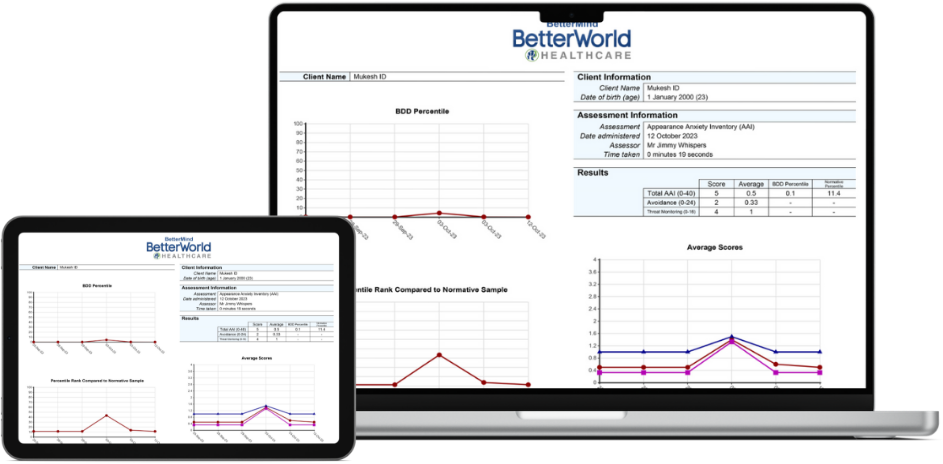Edinburgh Postnatal Depression Scale (EPDS)
Assessments
Description
The Edinburgh Postnatal Depression Scale (EPDS) is a short 10-item self report questionnaire designed to identify mothers at risk for prenatal and postnatal depression. Postpartum depression is the most common complication of childbearing and rates of help-seeking for postnatal depression are generally low, making screening important. The scale indicates how the mother has felt during the previous week. In doubtful cases it may be useful to repeat the tool after 2 weeks. The scale will not detect mothers with anxiety neuroses, phobias or personality disorders.
Validity
After extensive pilot interviews, Cox, Holden and Sagovsjy (1987) carried out a validation study on 84 mothers using the Research Diagnostic Criteria for depressive illness obtained from Goldbergs Standardised Psychiatric Interview. The EPDS was found to have satisfactory sensitivity and specificity, and was also sensitive to change in the severity of depression over time. Milgrom, Mendelsohn and Gemmill (2011) reviewed existing validation research for the EPDS and found that screening with the EPDS always facilitated an increase in identification rates, over the key range of prevalence values. The EPDS defined a sub-group with prevalence between 5-fold and 17-fold greater than the general population. A central estimate of PPV (at a prevalence of 6.8%) was 62%.
Interpretation
Mothers who score above 13 are likely to be suffering from a depressive illness of varying severity. At a score of 13 there is an 80% chance that the mother has depression. Scores 13 and above represent an increased risk of developing depression of between 5 and 17 times the general population compared to new mothers. The EPDS score should not override clinical judgment. A careful clinical assessment should be carried out to confirm the diagnosis. Results consist of a total score as well as short interpretive text based on the cut off score of 13. It is important to always look at the client’s response to question 10, which pertains to suicidal thoughts.
Developer
Cox, J.L., Holden, J.M., and Sagovsky, R. 1987. Detection of postnatal depression: Development of the 10-item Edinburgh Postnatal Depression Scale. British Journal of Psychiatry 150:782-786
Try it and see how BetterMind can enhance your practice

Support
Frequently Asked Questions
You’ve got questions, we’ve got answers. Below you can find answers to some of the most frequently asked questions. If you can’t find the answer you’re looking for, please feel free to reach out to us at info@betterworldhealthcare.com.
I can’t open test results within the Web Browser
Assessment result PDFs are opened in a new tab within the web browser. If you click the results but they do not open, your browser will be blocking the popup. To resolve this, after you have pressed the test result, look out for an alert at the top of your browser notifying you that a pop-up has been blocked, then click "Allow".
I have forgotten my password. How can I reset it?
If you have forgotten your password please press “forgot password” within the app, or on the Web Browser App login page (https://app.bettermind-app.com/login). You will receive a new temporary password via email.
Can a Practitioner access BetterMind from their Smartphone?
No, A Client /Patient can answer assessment questions on a smartphone but the Practitioners/ Users can't administer BetterMind using a Smartphone. A computer, laptop or tablet will have to be used.


